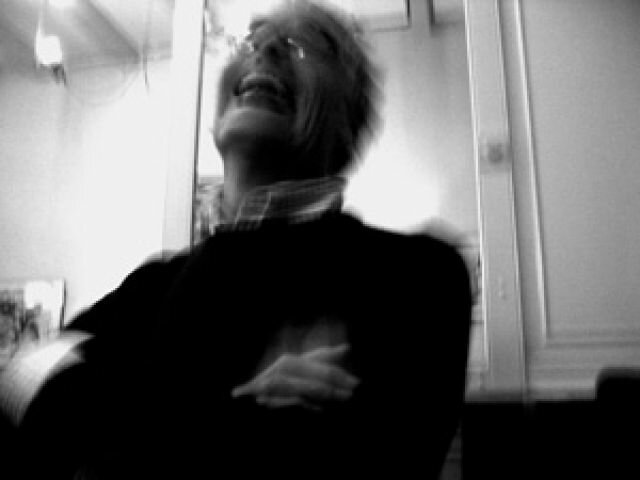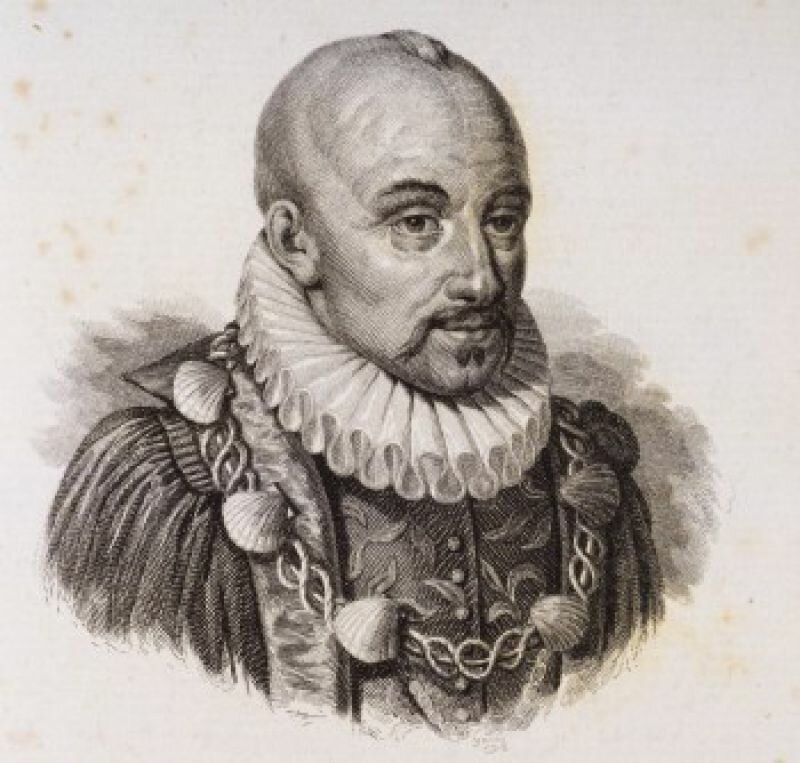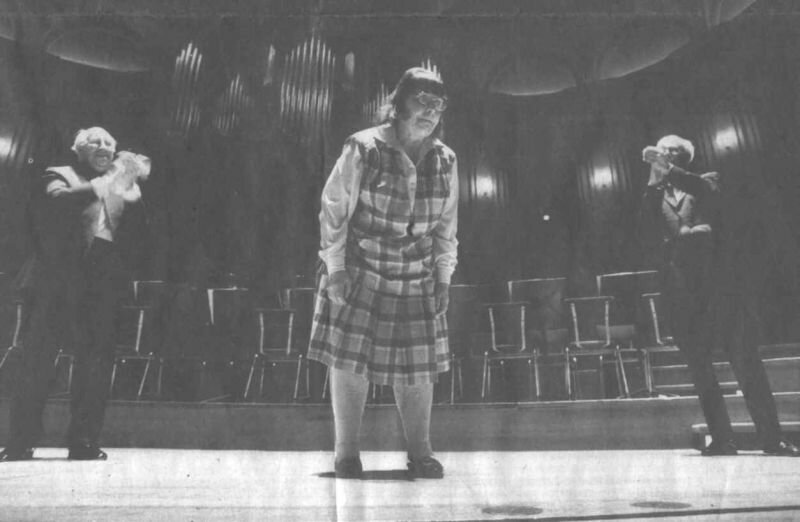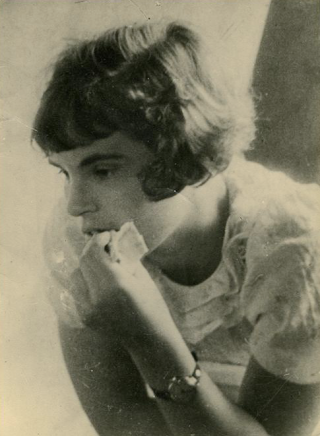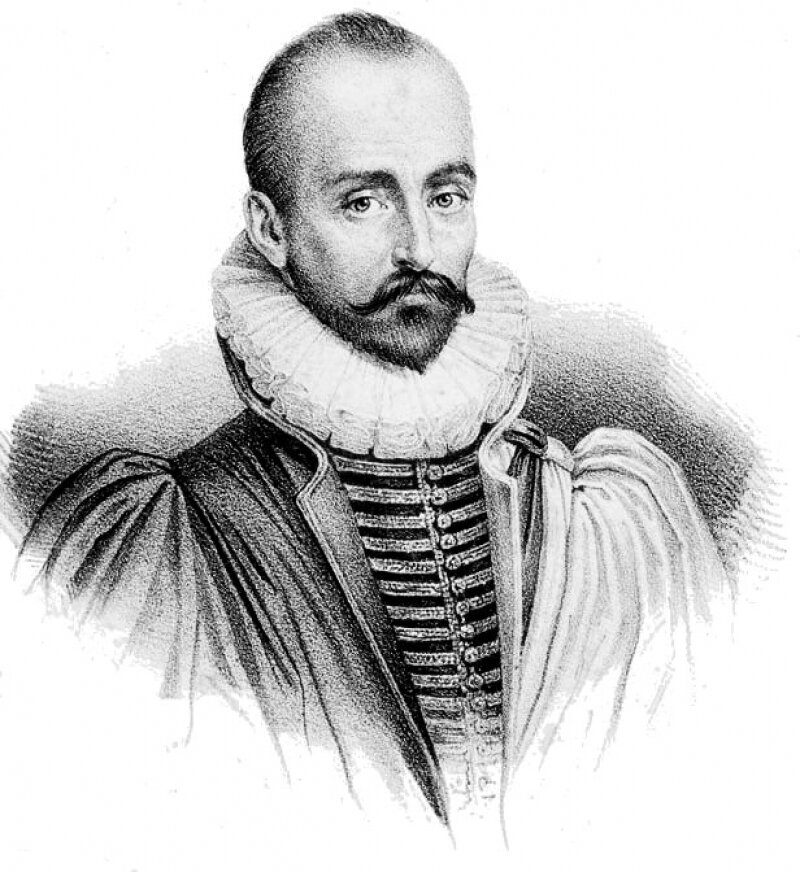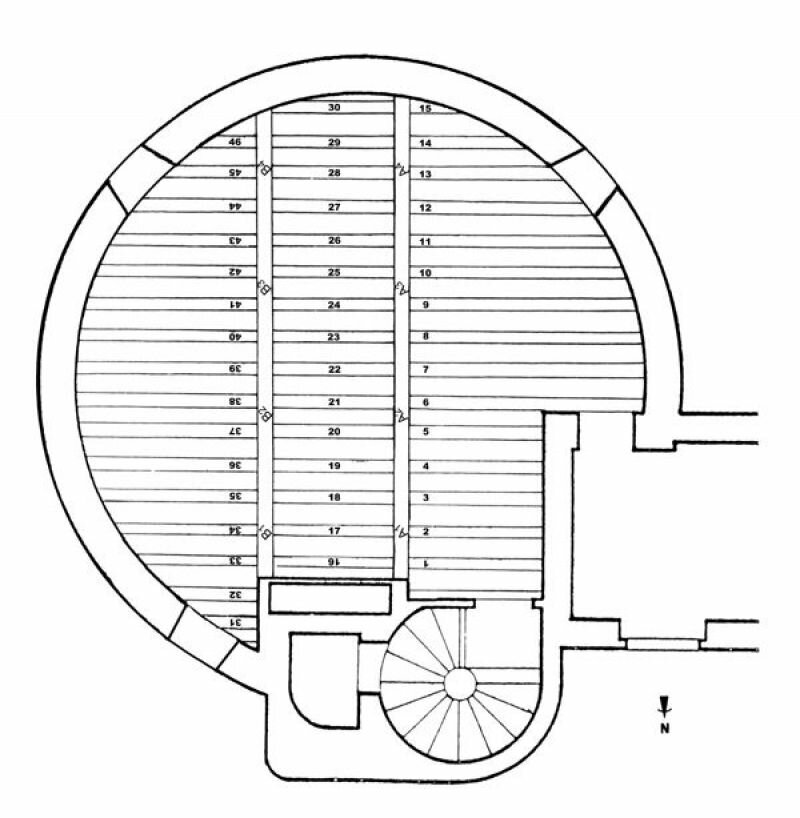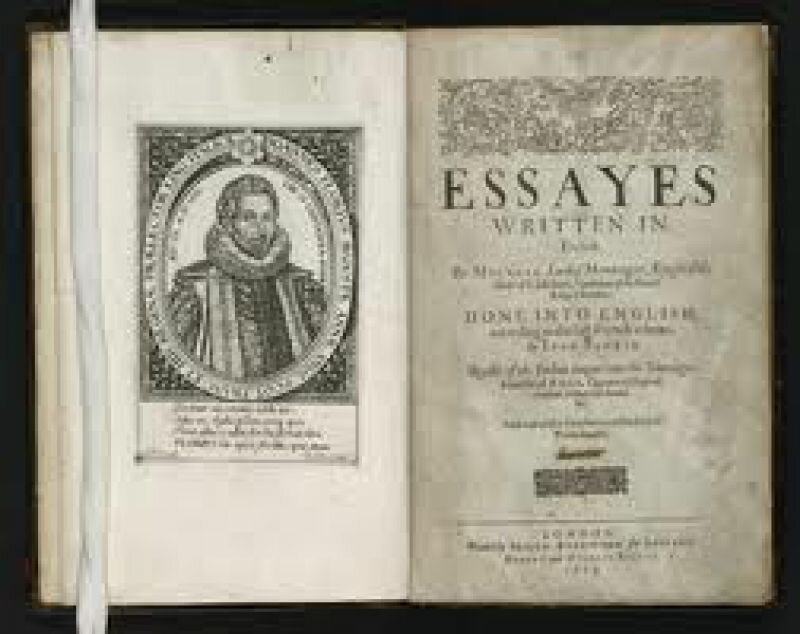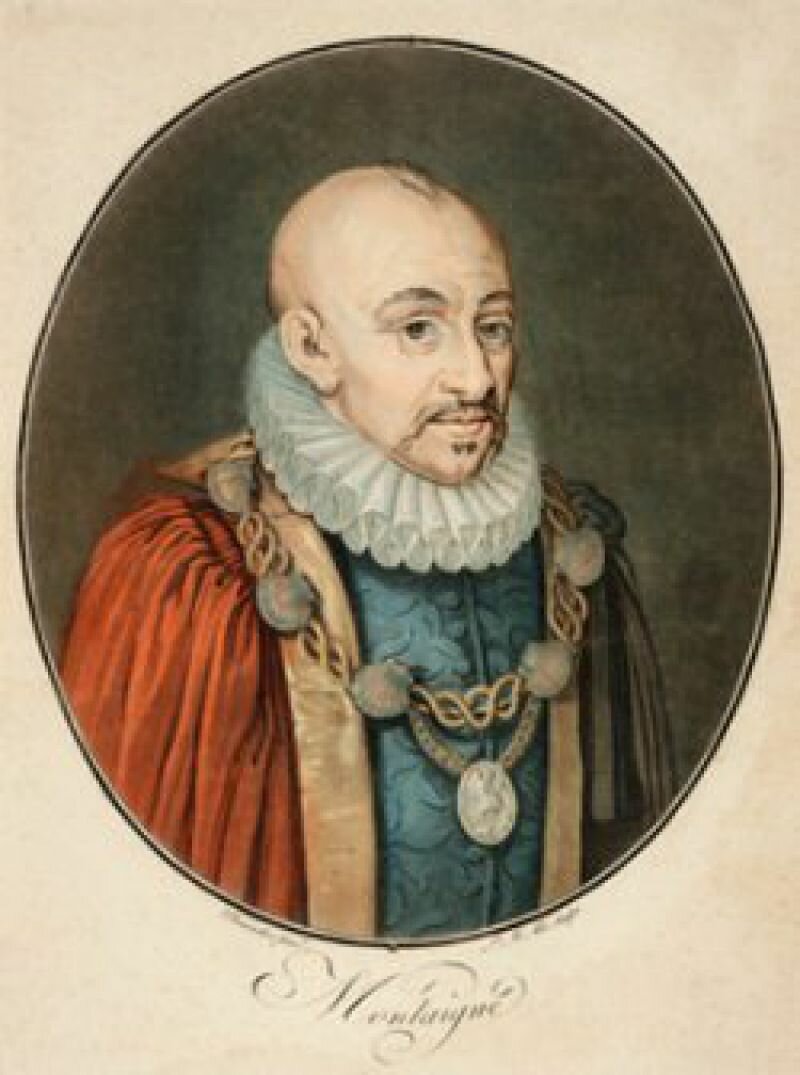Reading the Essais by Michel de Montaigne is an addictive pastime. You constantly feel as though you’re conversing with him, with an extremely sharp and intelligent person. Someone you’d like to be friends with.
What characterises Montaigne's style in the Essais?
A striking feature of the Essais is the enormous amount of quotes that, incorporated within his argument, are essential to the structure of the work. The Essais is also teeming with anecdotes that mostly illustrate previously treated subjects, but often veer away from the initial point until logical connections become unclear. Within the Essais there is no form of construction whatsoever, and he starts without a plan. It’s not uncommon that the titles to his essays cover little to none of the actual content. In response to what he reads, he attempts to form an image of himself, and subsequently of man. He’s an associative, sometimes nonchalant, thinker. For this reason, an essay is never finished and is always open for new stories, comments, and additions that by their inclusion change nothing of the structure.Montaigne writes in a ‘style naturel’, and sentences follow each other accordingly; he attempts to avoid any sort of cliché or preconceived notion. His method of thinking is a form of protest against overly organised rationalised thinking. With this, he erodes the ‘assumed’ power of the simplification of pure systematic thinking, doing so far before Descartes.
What is the Essais about?
The emptiness,
friendship
loneliness,
the inconsistency of our actions,
practice,
the art of debate,
how one can judge our happiness only after our death,
that philosophising is learning how to die,
about a custom on the island Cea,
about how to judge another man’s death,
about the experience,
about several verses from Virgil,
conceit,
vanity,
appearance,
cannibals,
conscience,
cruelty,
about cowardice as the mother of cruelty,
about the punishment of cruelty,
about carriages, cripples, scholars,
about education, a parent’s affection for their children,
about children resembling their parents,
about our emotions that reach further than life,
about our mood and our emotions vented at the wrong target,
about liars, predictions, and the power of imagination,
about he who thinks himself capable of telling truth from fiction,
about what a fool is,
about laughing and crying,
about the vanity of words, empty quibbles,
about that tomorrow is another day,
about books,
about denial,
about what is useful and honourable,
about how to make good use of your willpower,
about different methodologies that can lead to the same result,
about fortitude,
about one man’s fortune being the other man’s misfortune,
about customs and the mistake of suddenly changing the status quo,
about the same goal leading to different results,
about modestly judging God’s ways,
about Fortune keeping pace with reason,
about inequality amongst us human beings,
about prayer,
about the time of our lives,
about how the mind becomes caught up within itself,
about desires increasing the more they are denied us,
about fame,
about thumbs,
about a monstrous child,
about three forms of interaction,
about distraction,
and about the disadvantages of a high position.
